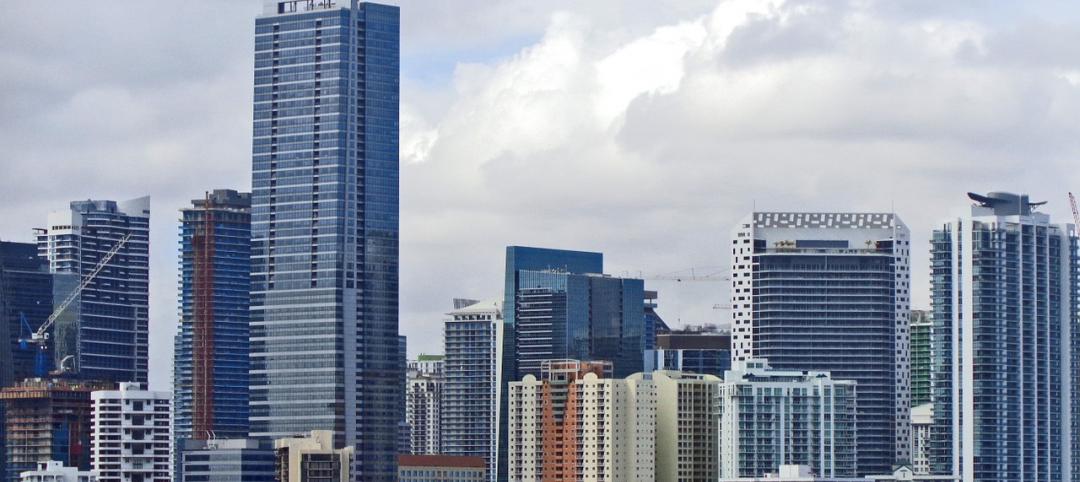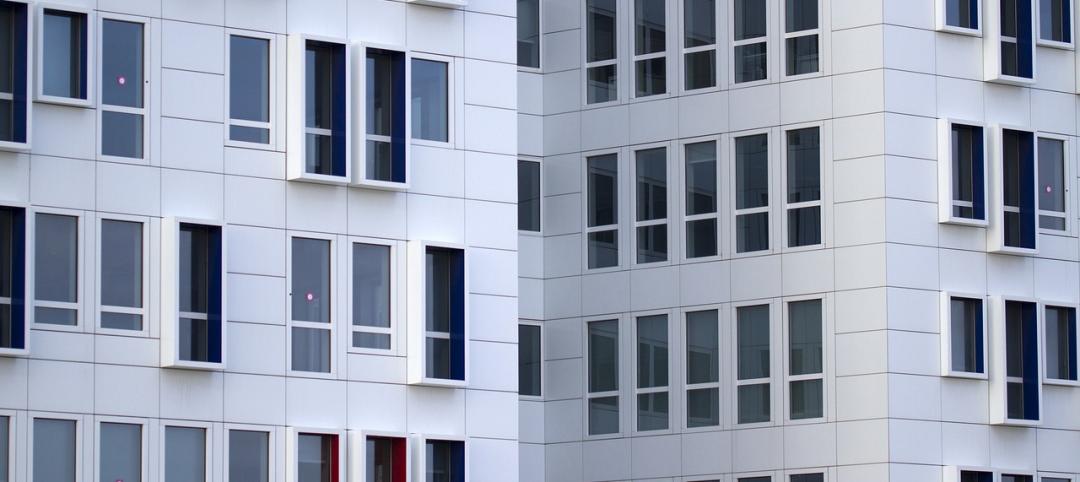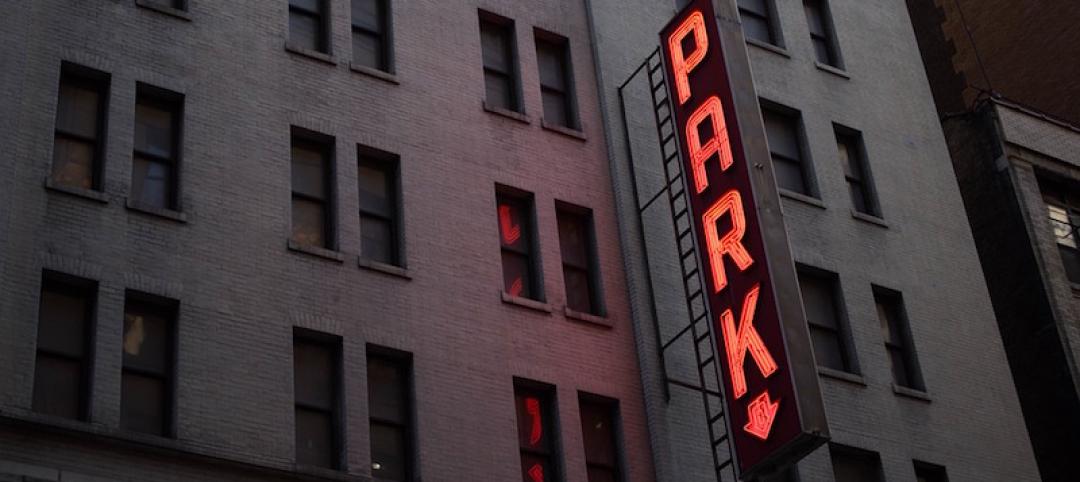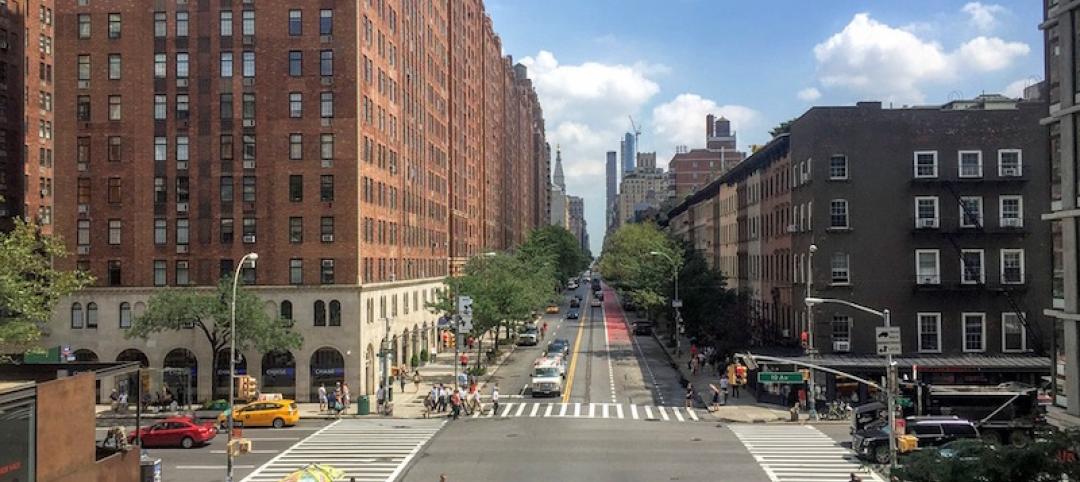The Washington D.C. Council recently passed legislation that will make it more expensive for owners to hold vacant or blighted property.
The Vacant Property Enforcement Act of 2016 reduces the maximum amount of time a vacant property can qualify for an exemption from higher vacancy tax rates. It also closes a loophole that allows continuous renewal of construction permits to qualify for tax exemptions, and require owners of vacant properties to prove they are no longer subject to the higher tax rates.
"The District has a substantial number of vacant properties, many of which are poorly maintained,” the bill report says. "Property owners may keep their properties vacant or fail to maintain them because they expect property values to rise over time. Poorly maintained and vacant properties can damage surrounding communities by being eyesores, by serving a venue for drug use and by providing a home for rodents or other animals. The net effect is to reduce the feeling of a cohesive community and depress surrounding property values."
The legislation reduces the time an owner can claim an exemption from higher taxes because of construction to one year for residential properties and to two years for commercial properties. Fines for failing to comply with city property regulations will rise from $1,000 to $5,000.
Related Stories
Codes and Standards | Jun 7, 2017
New Colorado law could stimulate stalled condo market
Construction defect law modifications could ease litigation risk and cut insurance rates.
Codes and Standards | Jun 6, 2017
New York City will require construction superintendents on buildings higher than three stories
New laws focus on construction safety.
Codes and Standards | May 30, 2017
Industry Groups move toward Unified Green Building Model Code in 2018
The effort involves combining ASHRAE's Standard 189.1 with the International Green Construction Code.
Codes and Standards | May 30, 2017
OSHA suspends electronic injury, illness reporting requirement
The agency is keeping records from being publicly disclosed—for now.
Codes and Standards | May 30, 2017
Florida preparing to adjust to new building elevation requirements
New floodplain maps and state code changes loom.
Codes and Standards | May 30, 2017
Heated debate over whether Calif.’s prevailing wage requirement stymies affordable housing
There’s disagreement around how much pay regulations add to cost of projects.
Codes and Standards | May 25, 2017
Technology is influencing parking requirement codes in new developments
Uber and Lyft make it easier for urban dwellers to live without owning cars.
Codes and Standards | May 25, 2017
Better Buildings Challenge Partners on track to reduce energy usage by 20% in 10 years
More than 1,000 proven solutions are now available on DOE web site.
Codes and Standards | May 22, 2017
Affordable housing initiative drives surge in residential unit permits in New York City
New permits tripled from year-ago period.
Codes and Standards | May 22, 2017
Amid labor shortage, industry groups urge government action to boost trades
AGC says a shortage of qualified workers is limiting the economy from adding more jobs.

















